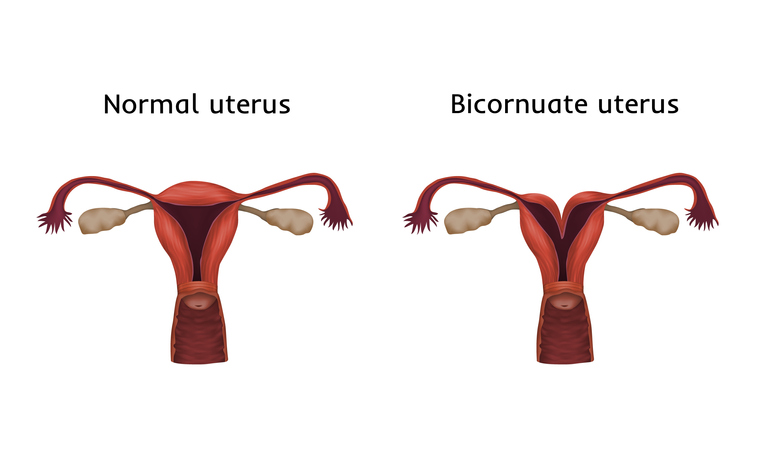
Source: David Livingston / Getty
Tiffany Haddish’s rare medical condition has played a part in her eight miscarriages.
Documented by the Washington Post in a feature published July 20, the Haunted Mansion star revealed in a conversation with the doctor’s office that she’d experienced her eighth miscarriage.
The comedienne-actress told the nurse that she has a “uterus shaped like a heart” that “won’t keep anything in.”
She vulnerably told the outlet that she’d previously only discussed her miscarriage history with a close friend.
“I don’t want people saying: ‘Are you okay? Are you all right?'” Haddish explained. “Like a wounded animal, I just rather go in a cave by myself. Lick my wounds.”
The actress has been open about her reproductive health and history, as well as her desire to experience motherhood.
Haddish shared in June 2021 that she’d gone through parenting classes to prepare her for the adoption process.
As a former child in the foster care system, the entertainer explained that she wanted to adopt a child 5 years old or older so she could “pour knowledge in… [and] get them ready for the big, bad world.”
Earlier that year, Haddish explained that she wouldn’t be interested in having a child via a surrogate because of her past of freezing her eggs.
“I don’t want to pay nobody to carry my baby either because then I have to go through a process of giving myself injections and all that stuff,” she said in a May 2021 interview. “And I already gave up — here go something nobody knows, imma tell you — when I was 21, I was really hard up for money, and I gave up a bunch of eggs.”
A heart-shaped uterus is medically known as a “bicornuate uterus.”
The condition is rare, affecting “less than 0.5%” of women,” according to Cleveland Clinic. The congenital (present at birth) condition isn’t life-threatening, and most people won’t even know they have a heart-shaped uterus until they have a pregnancy or experience multiple miscarriages. Notably, the uterus type isn’t hereditary, so it’s not passed down through genes.
As highlighted by What To Expect, bicornuate uteruses are also known as heart-shaped uteruses because a dip at the top of the reproductive organ divides it into two cavities. The condition differs from the more common upside-down pear-shaped uterus — wherein a baby has more room to fully grow in the undivided cavity. The source noted that about 1% of women with fertility issues have a heart-shaped uterus.
Many women like Haddish with the condition can conceive, but “getting and staying pregnant may indicate an anatomical issue, like a bicornuate uterus,” noted the latter source.

Source: VERONIKA ZAKHAROVA/SCIENCE PHOTO LIBRARY / Getty
In addition to suffering multiple miscarriages, another complication of having a heart-shaped uterus can be a pre-term birth. Other possible issues include low birth weight and breech newborns.
Those with the condition may want to ask their doctor for more information on a Strassman metroplasty. During the procedure, the two cavities of the uterus are joined into one, so there’s more room for a baby to develop in the womb.
As bicornuate uteruses are medically described as “a rare anomaly,” there’s a lack of information on whether Black women are more likely to be born with the condition.
RELATED CONTENT: “Study: Black Women Face Over A 40% Higher Risk Of Having A Miscarriage”












